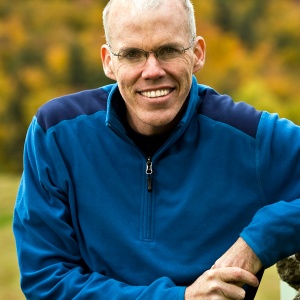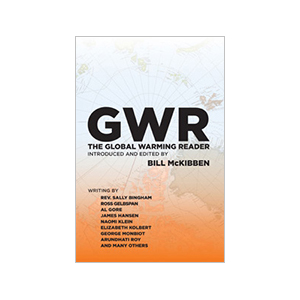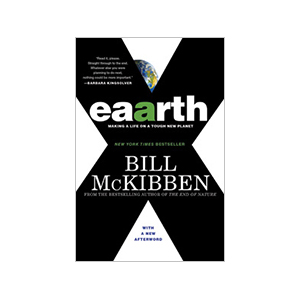“Climate Warming as a Civilizational Crisis”

Lecturer: Bill McKibben
Bill McKibben is an author, educator, environmentalist, and founder of 350.org.
His 1989 book The End of Nature is regarded as the first book for a general audience about climate change, and has appeared in 24 languages. He is founder of 350.org, the first planet-wide, grassroots climate change movement. The Schumann Distinguished Scholar in Environmental Studies at Middlebury College and a fellow of the American Academy of Arts and Sciences, he was the 2013 winner of the Gandhi Prize and the Thomas Merton Prize, and holds honorary degrees from 18 colleges and universities; Foreign Policy named him to their inaugural list of the world’s 100 most important global thinkers, and the Boston Globe said he was “probably America’s most important environmentalist.” A former staff writer for the New Yorker, he writes frequently a wide variety of publications around the world, including the New York Review of Books, National Geographic, and Rolling Stone. He lives in the mountains above Lake Champlain with his wife, the writer Sue Halpern.
350.ORG
BILLMCKIBBEN.COM
FACEBOOK
“Very few people on earth ever get to say: ‘I am doing, right now, the most important thing I could possibly be doing.’ If you’ll join this fight that’s what you’ll get to say.”
– Bill McKibben
Postings from Seizing an Alternative
Suggested Reading List
Links to books and media by the speaker include:
More Information
About McKibben, John B. Cobb, Jr., intellectual architect of conference events, writes: “No one in our society is doing more to make clear that our current ways of thought and life are leading us to catastrophe. His work evokes from Whiteheadians a double response. First, global climate change is a threat of extreme urgency to which immediate practical response is required. When a girl is about to drown, it is inappropriate, even criminal, to spend time reflecting about how she got into deep water or to examine our motivation for jumping in to save her. We need to act.
This need can be recognized by people with a wide spectrum of views. Whiteheadians do not want their call for deep reflection and radical change in patterns of thought to inhibit such immediate responses. In this conference the first section focuses on responding to imminent threats of catastrophe. “On the other hand, the danger that the girl will drown does call for reflection as well. What were the circumstances that led to the girl being alone in deep water without adequate ability as a swimmer?
To rescue the girl but leave unchanged the situation that is likely to lead other children to have the same problem would be a serious failure. Most of the conference deals with the changes that would draw humanity back from the brink of catastrophe, or failing that to rebuild on a different basis.”




